Danshen
Danshen, also known as Salvia miltiorrhiza, is a perennial plant that belongs to the mint family, Lamiaceae. It is native to China and is commonly grown in other Asian countries, as well as in Europe and North America.
The plant has woody stems and reaches a height of up to 1 meter. Its leaves are ovate and measure 5 to 10 centimeters in length, with a slightly toothed margin. The plant blooms in late summer, producing small, purple flowers that grow in whorls along the stems.
The root of the danshen plant is the part that is most commonly used for medicinal purposes. It is harvested in the fall, when the plant is mature, and then dried and processed into various forms for use in traditional medicine and herbal supplements.
Danshen, also known as Salvia miltiorrhiza, has a long history of use in natural health. It is believed to have a range of medicinal properties and is used to treat a variety of health conditions.
In natural health, danshen is believed to have a bitter, slightly cold, and slightly toxic nature. It is associated with the heart, liver, and pericardium meridians, and is used to invigorate blood circulation, remove blood stasis, and calm the mind.
Some of the conditions that danshen is used to treat in natural health include:
- Cardiovascular diseases such as angina, coronary artery disease, and hypertension
- Cerebrovascular diseases such as stroke and transient ischemic attack (TIA)
- Menstrual disorders such as irregular menstruation and dysmenorrhea
- Skin diseases such as boils, sores, and carbuncles
- Mental and emotional disorders such as restlessness, irritability, and insomnia
Danshen is often used in combination with other herbs in natural health formulas to enhance its therapeutic effects and reduce the risk of side effects. However, it is important to consult with a licensed natural health practitioner before using any herbal remedies, including danshen, to ensure proper dosage, safety, and effectiveness.
Danshen Pharmacology:
Danshen, also known as Salvia miltiorrhiza, has a number of pharmacological effects due to the presence of bioactive compounds in its root. Some of the main pharmacological effects of danshen include:
- Cardiovascular effects: Danshen has been shown to have cardiovascular effects, including vasodilation and improved blood flow. It may also have antihypertensive effects and help reduce inflammation in blood vessels.
- Anti-inflammatory effects: Danshen contains a number of bioactive compounds that have been shown to have anti-inflammatory effects. These include tanshinones and salvianolic acids, which have been shown to inhibit the production of pro-inflammatory cytokines.
- Antioxidant effects: Danshen contains compounds with antioxidant properties, which help protect against cellular damage caused by oxidative stress.
- Neuroprotective effects: Some studies suggest that danshen may have neuroprotective effects and may help improve cognitive function. This may be due to its antioxidant and anti-inflammatory properties.
- Anti-tumor effects: Some studies have suggested that danshen may have anti-tumor effects and may help inhibit the growth of cancer cells. However, more research is needed in this area.
While danshen has a number of potential pharmacological effects, it should be used with caution and under the guidance of a healthcare professional. It may interact with certain medications and may have side effects in some people. Additionally, the quality and purity of danshen supplements can vary, so it is important to purchase supplements from reputable sources.
Danshen Clinical Study:
There have been many clinical studies conducted on danshen (Salvia miltiorrhiza) over the years, investigating its potential therapeutic benefits for various health conditions. Here are some examples of clinical studies on danshen:
- Cardiovascular disease: Several clinical studies have investigated the use of danshen for cardiovascular disease. A randomized controlled trial published in the Journal of the American College of Cardiology in 2017 found that danshen injection combined with conventional treatment improved cardiac function and reduced inflammation in patients with heart failure. Another study published in the Journal of Ethnopharmacology in 2019 found that danshen extract reduced blood pressure and improved vascular function in patients with hypertension.
- Cerebrovascular disease: Danshen has been studied for its potential therapeutic effects on cerebrovascular disease, such as stroke. A systematic review and meta-analysis published in the journal PLoS One in 2018 found that danshen injection combined with conventional treatment improved neurological function and reduced disability in patients with acute ischemic stroke.
- Menstrual disorders: Danshen has also been investigated for its potential use in treating menstrual disorders. A randomized controlled trial published in the Journal of Obstetrics and Gynaecology Research in 2019 found that danshen injection combined with conventional treatment improved menstrual pain and reduced inflammation in patients with endometriosis.
- Skin diseases: Some clinical studies have investigated the use of danshen for treating skin diseases, such as psoriasis. A randomized controlled trial published in the Journal of Dermatological Treatment in 2020 found that topical application of danshen extract reduced skin lesions and improved quality of life in patients with mild to moderate psoriasis.
Who should avoid danshen
- Bleeding disorders or taking blood-thinning medications: Danshen may increase the risk of bleeding, so it should be used with caution or avoided by people with bleeding disorders or those taking blood-thinning medications, such as warfarin, aspirin, or clopidogrel.
- Low blood pressure or taking antihypertensive medications: Danshen may lower blood pressure, so it should be used with caution or avoided by people with hypotension or those taking antihypertensive medications.
- Pregnancy and breastfeeding: There is limited research on the safety of danshen during pregnancy and breastfeeding, so it is best to avoid using it during these times.
- Allergies: Some people may be allergic to danshen or other plants in the same family, such as mint or basil.
In Person With Heshoutang Members
With Heshoutang Online Members
Fill Out the Questionnaire by yourself
When you subscribe to the blog, we will send you an e-mail when there are new updates on the site so you wouldn't miss them.

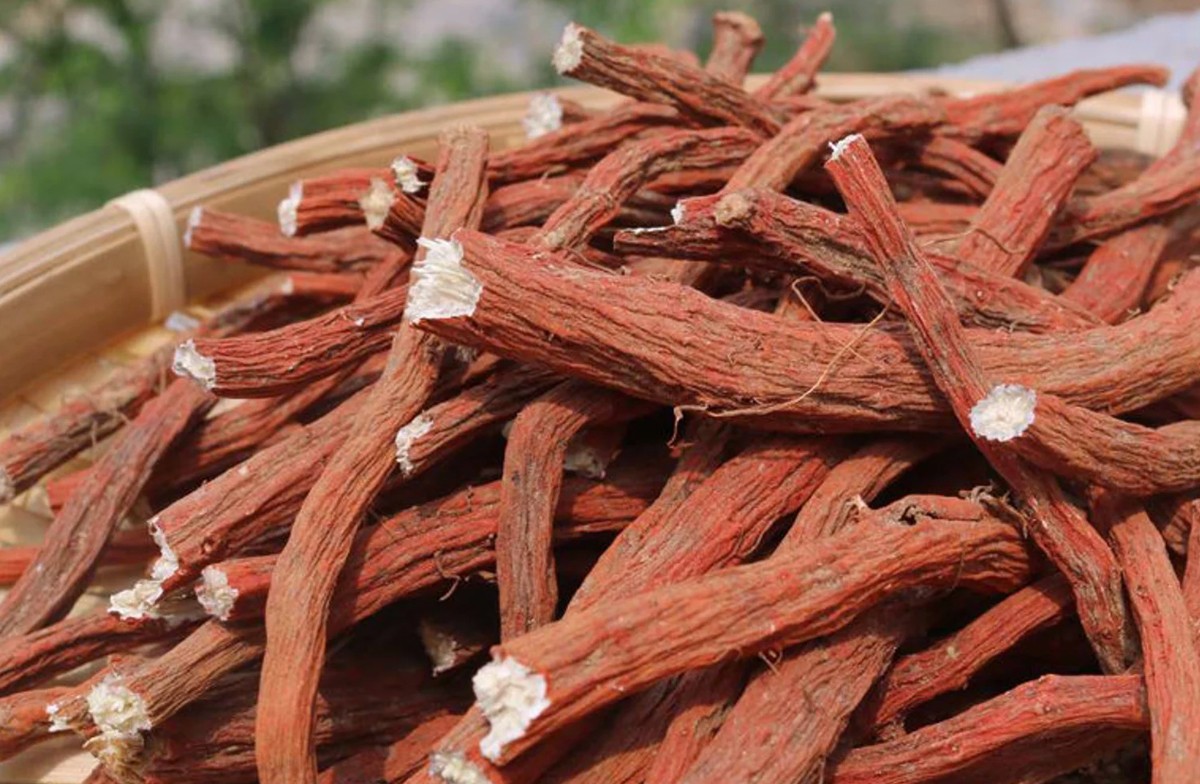
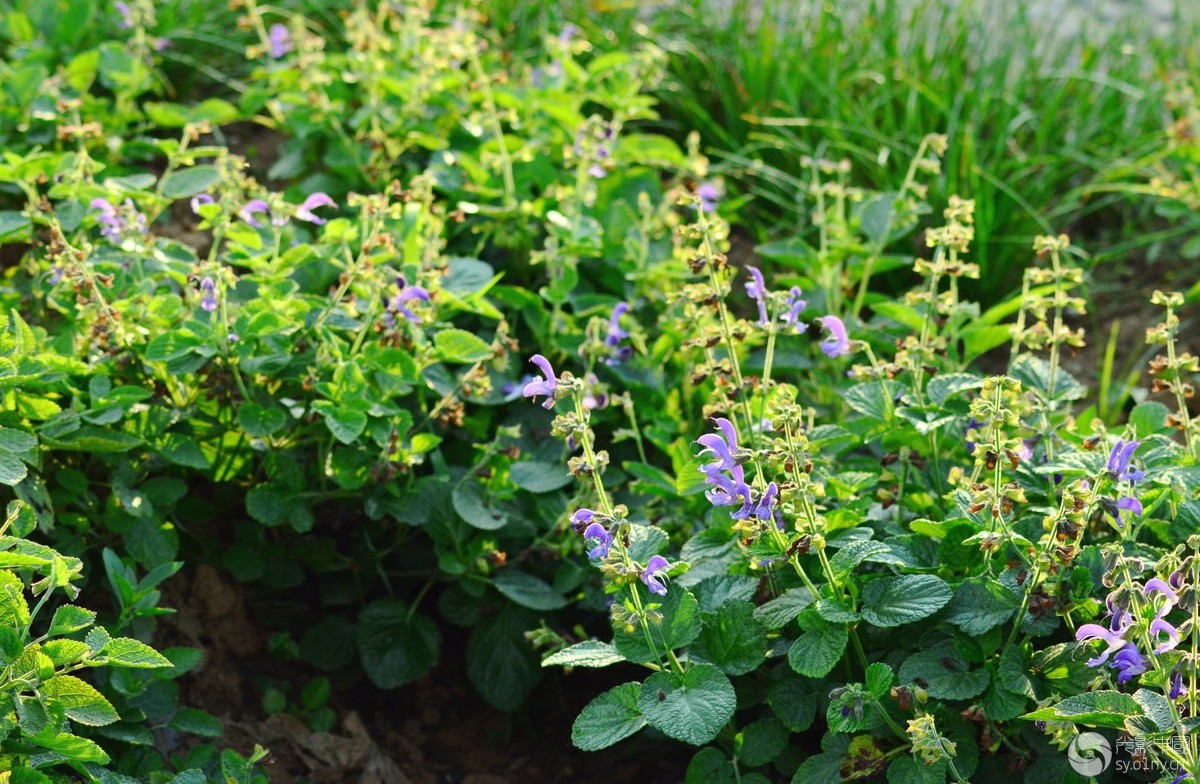
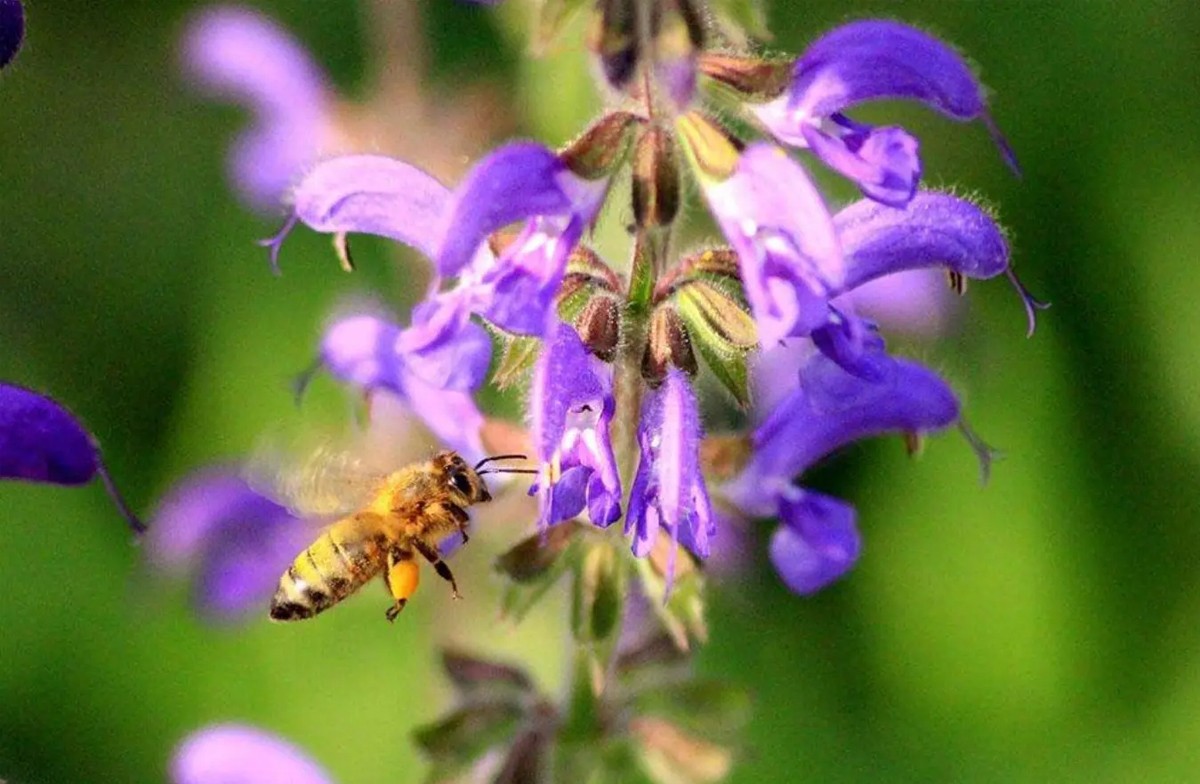
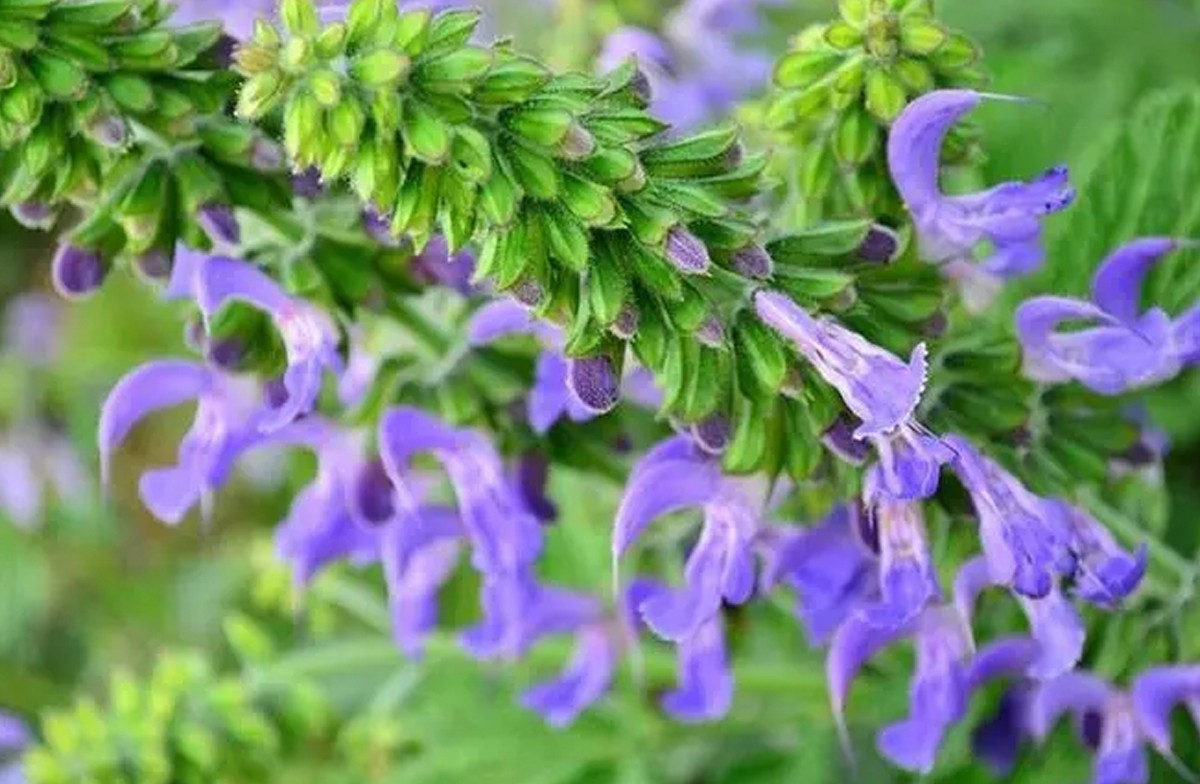
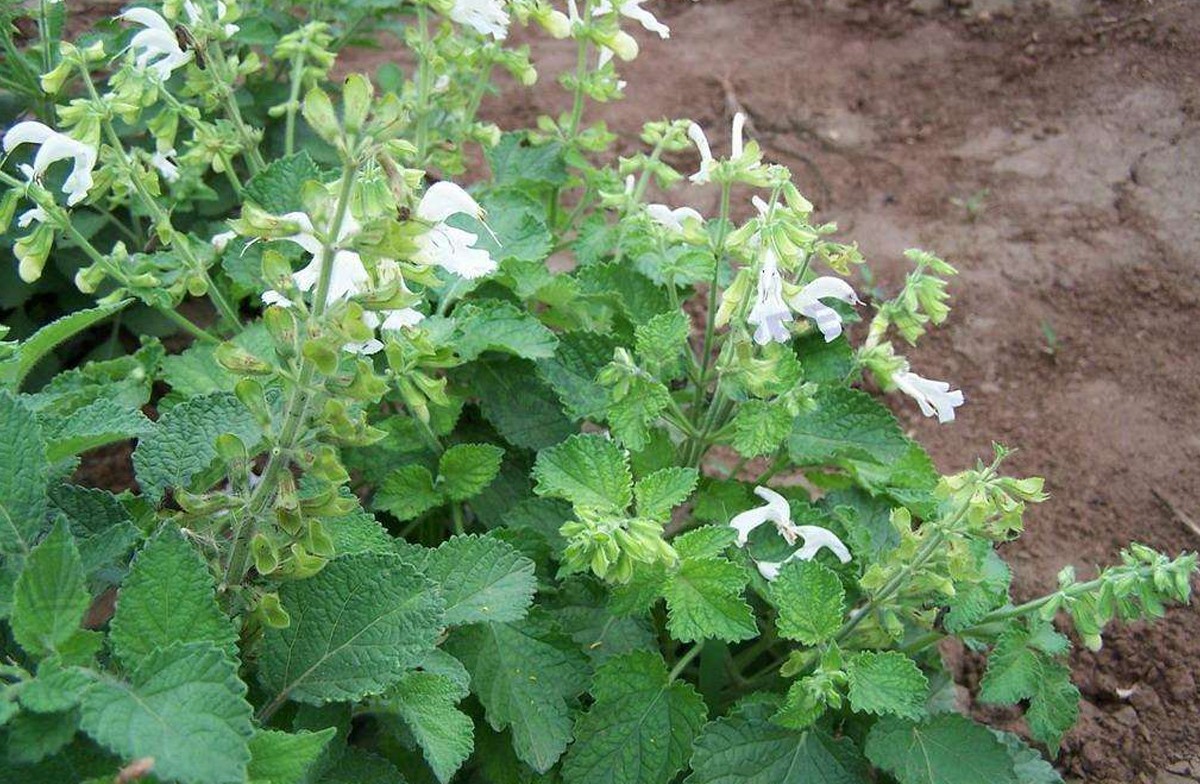
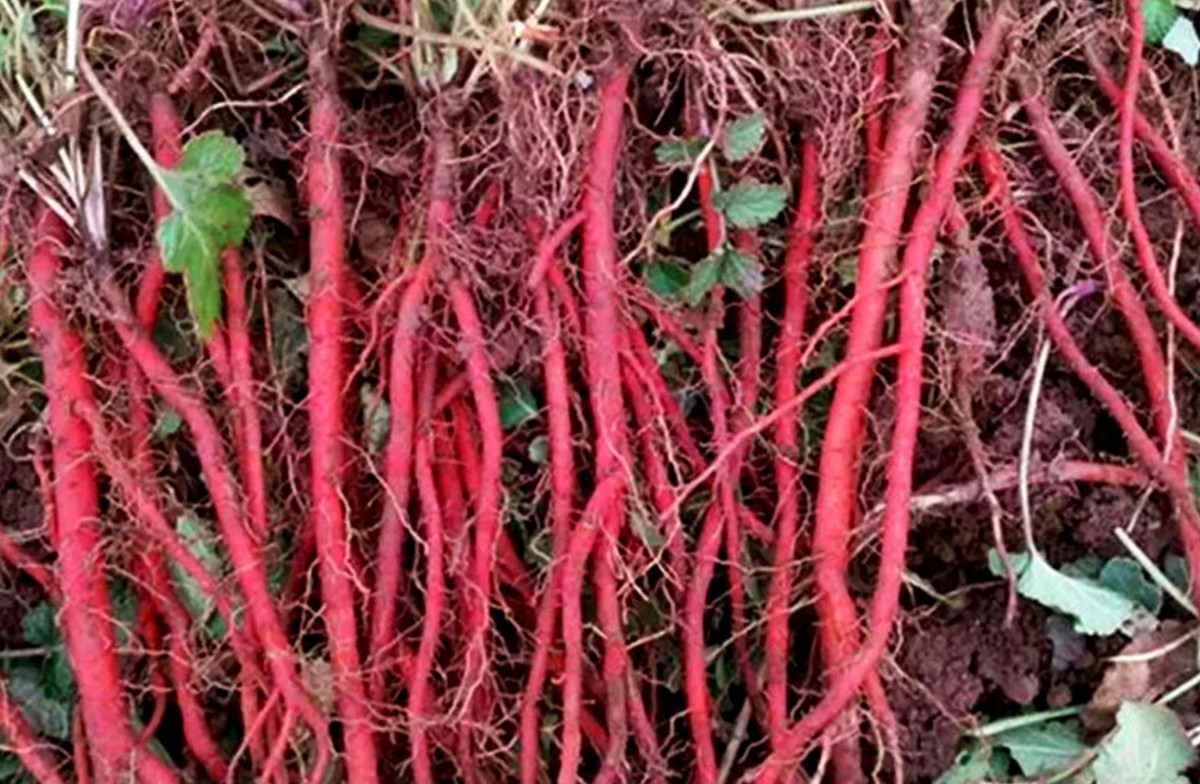
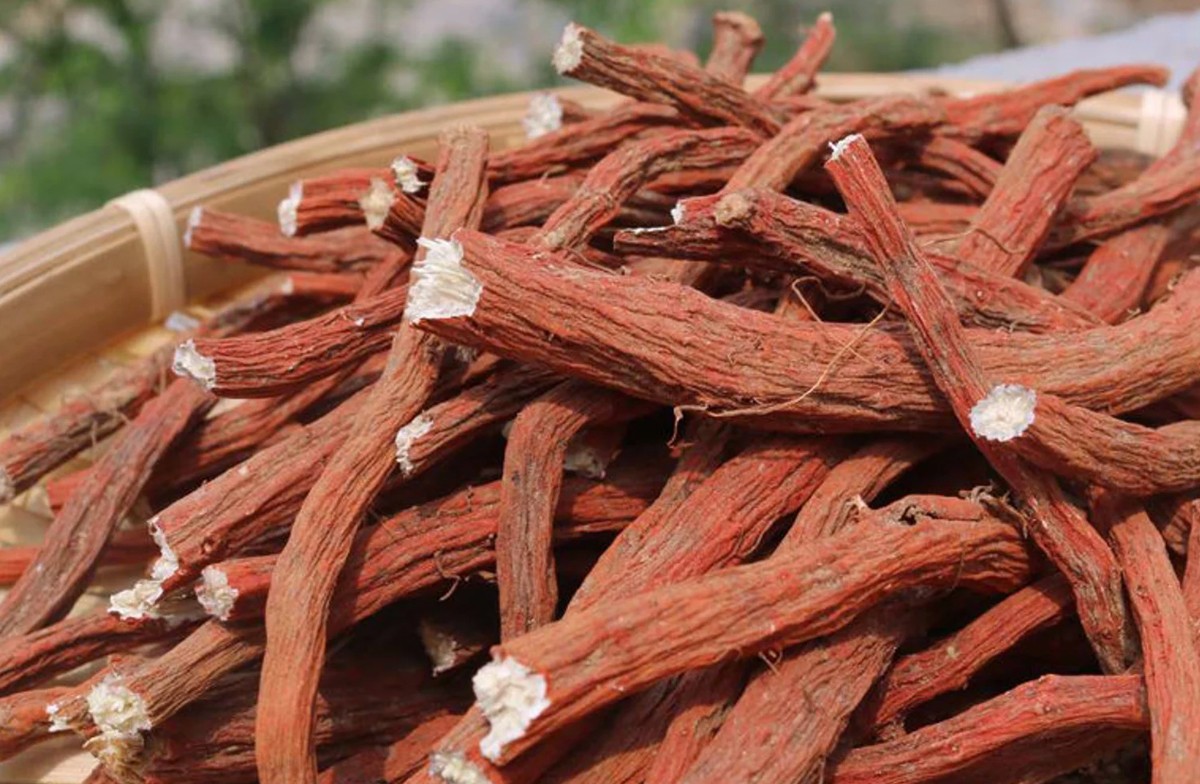
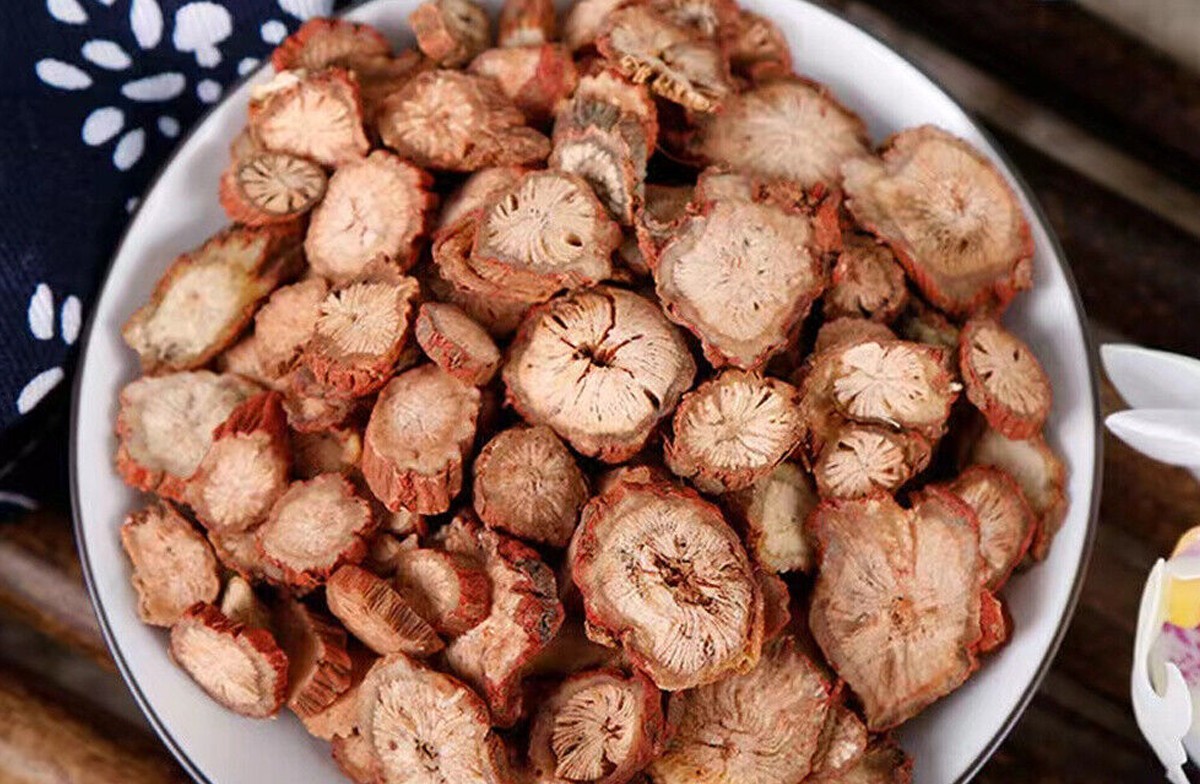
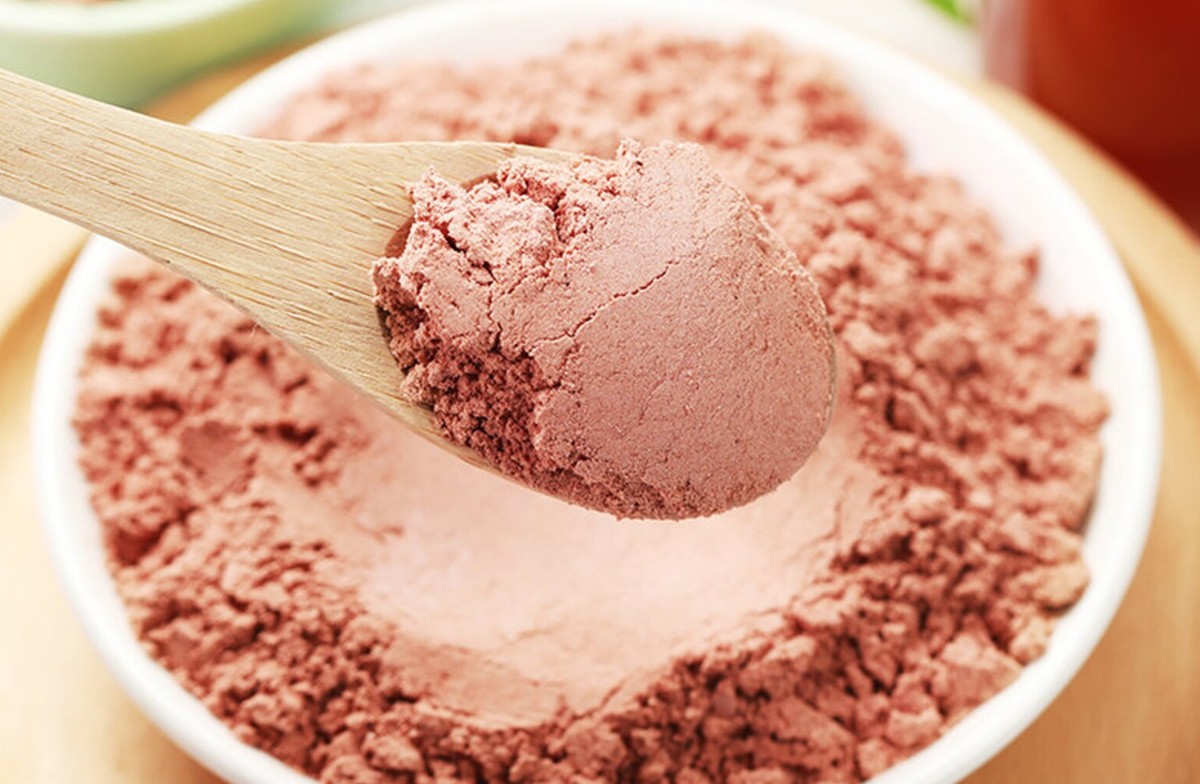












Comments